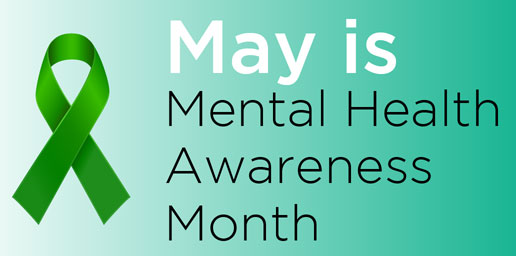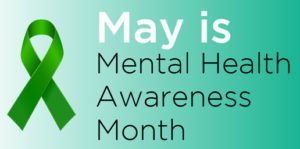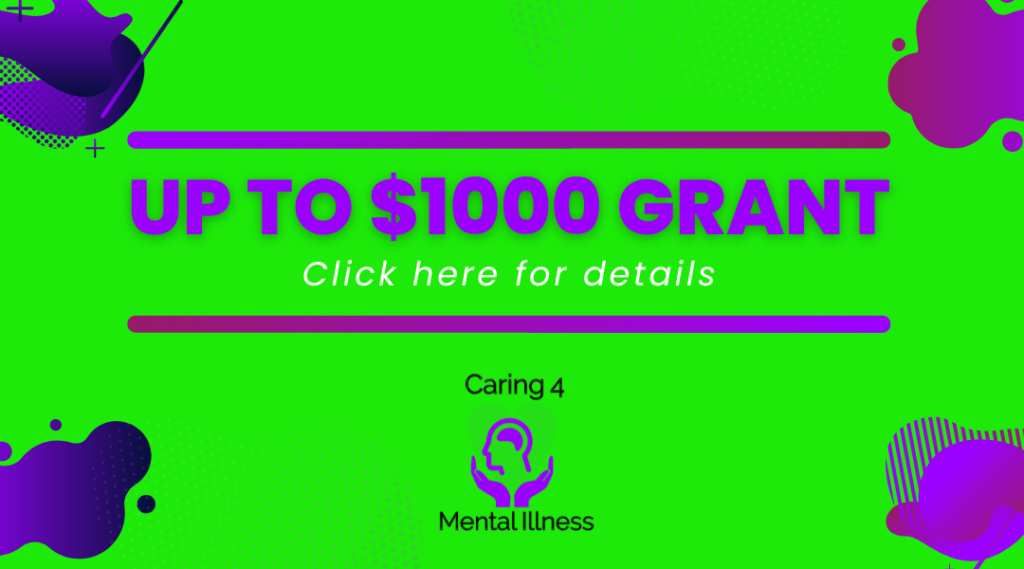Mental Health Conditions
The following depicts some of the major mental health conditions with descriptions for better identification.
Generalized Anxiety Disorder
Generalized Anxiety Disorder (GAD) is a mental health condition characterized by excessive and persistent worrying or anxiety about various aspects of life, such as work, health, relationships, and finances. Anxiety and worry are often difficult to control and can lead to physical symptoms, such as restlessness, fatigue, irritability, muscle tension, and sleep disturbances. GAD can interfere with daily activities and relationships, and it is usually diagnosed after symptoms persist for at least six months. Treatment may include therapy, medication, or a combination of both, and can help individuals manage their symptoms and improve their quality of life.
Despression
Depression, or major depressive disorder, is a pervasive mental health condition marked by persistent feelings of sadness, hopelessness, and a loss of interest in activities once enjoyed. It can significantly impair daily functioning, affecting emotional well-being, cognitive processes, and physical health. Symptoms often include fatigue, changes in appetite and sleep patterns, difficulty concentrating, and thoughts of death or suicide. While the exact cause is multifaceted, involving genetic, biological, environmental, and psychological factors, depression is treatable through a combination of psychotherapy, medication, and lifestyle changes, making early diagnosis and intervention crucial for effective management.
Obsessive-Compulsive Disorder (OCD)
Obsessive-Compulsive Disorder (OCD) is a mental health condition characterized by the presence of persistent and intrusive thoughts, images, or urges (obsessions), and repetitive behaviors or mental acts that are performed to alleviate the anxiety caused by the obsessions (compulsions). OCD can interfere with daily activities and relationships, and individuals may experience shame, guilt, or embarrassment related to their symptoms. OCD is usually diagnosed after symptoms persist for at least one hour per day and interfere with daily functioning. Treatment may include therapy, medication, or a combination of both, and can help individuals manage their symptoms and improve their quality of life.
Post-Traumatic Stress Disorder (PTSD)
Post-traumatic stress disorder (PTSD) is a mental health condition that can occur after experiencing or witnessing a traumatic event. The symptoms of PTSD include intrusive thoughts or memories of the trauma, avoidance of reminders of the trauma, negative changes in mood and cognition, and increased arousal and reactivity. PTSD can affect anyone who has experienced a traumatic event, such as military combat, sexual assault, natural disasters, or serious accidents. Treatment for PTSD typically includes therapy, medication, or a combination of both. With appropriate treatment, many people with PTSD are able to manage their symptoms and improve their quality of life.
Attention Deficit Hyperactivity Disorder (ADHD)
Attention Deficit Hyperactivity Disorder (ADHD) is a neurodevelopmental disorder that affects both children and adults. It is characterized by symptoms such as difficulty paying attention, impulsivity, and hyperactivity. ADHD can cause problems in daily life, including academic and work difficulties, social problems, and relationship issues. The cause of ADHD is not fully understood, but it is believed to involve a combination of genetic, environmental, and neurological factors. Treatment for ADHD may include medication, behavioral therapy, or a combination of both. With appropriate treatment, many people with ADHD can manage their symptoms and lead fulfilling lives.
Bipolar Disorder
Bipolar disorder is a mental health condition that is characterized by extreme mood swings, ranging from manic highs to depressive lows. People with bipolar disorder may experience episodes of elevated or irritable mood, increased energy, decreased need for sleep, and reckless behavior during manic episodes, and episodes of sadness, hopelessness, loss of interest or pleasure, and suicidal thoughts during depressive episodes. The exact cause of bipolar disorder is unknown, but it is thought to be related to a combination of genetic, biological, and environmental factors. Treatment for bipolar disorder may include medication, therapy, and lifestyle changes. With proper treatment, people with bipolar disorder can manage their symptoms and lead fulfilling lives.
Borderline Personality Disorder
Borderline Personality Disorder (BPD) is a mental health condition that is characterized by intense and unstable emotions, impulsivity, distorted self-image, and unstable relationships. People with BPD may experience extreme mood swings, fear of abandonment, self-harm, and suicidal thoughts or behaviors. The exact cause of BPD is not known, but it is believed to be related to a combination of genetic, environmental, and biological factors. Treatment for BPD typically involves therapy, medication, and self-help strategies. With proper treatment and support, people with BPD can manage their symptoms and lead fulfilling lives.
Schizophrenia
Schizophrenia is a chronic and severe mental disorder that affects how a person thinks, feels, and behaves. Symptoms of schizophrenia include delusions, hallucinations, disorganized speech, abnormal motor behavior, and decreased emotional expression. The exact cause of schizophrenia is not known, but it is believed to involve a combination of genetic, environmental, and neurological factors. Treatment for schizophrenia may include medication, therapy, and support services to help manage symptoms and improve quality of life. With proper treatment, many people with schizophrenia are able to live independently and pursue their goals. However, some individuals may require ongoing treatment and support.
Schizoaffective Disorder
Schizoaffective disorder is a mental health condition that is characterized by a combination of symptoms of schizophrenia, such as delusions and hallucinations, and mood disorders, such as depression or mania. The symptoms of schizoaffective disorder can vary widely but typically include delusions, hallucinations, disorganized speech, abnormal motor behavior, and mood swings. The exact cause of schizoaffective disorder is not known, but it is believed to involve a combination of genetic, environmental, and neurological factors. Treatment for schizoaffective disorder may include medication, therapy, and support services to help manage symptoms and improve quality of life. With proper treatment, many people with schizoaffective disorder are able to manage their symptoms and lead fulfilling lives.
Mental Health Awareness Month
Mental Health Awareness Month is observed in May each year to raise awareness and education about mental health conditions and the importance of mental health care. During this month, various organizations, advocates, and communities come together to promote mental health, reduce stigma, and encourage people to seek help when needed. The goal of Mental Health Awareness Month is to encourage people to learn more about mental health conditions, reduce the stigma associated with mental illness, and promote access to mental health care. Activities and events during Mental Health Awareness Month may include educational campaigns, mental health screenings, advocacy events, and support group meetings.
By Presidential proclamation, the awareness month serves to raise awareness and educate the public about mental illnesses, such as depression, schizophrenia, and bipolar disorder; the realities of living with these conditions; and strategies for attaining mental health and wellness. It also aims to draw attention to suicide, which can be precipitated by some mental illnesses. Additionally, Mental Health Awareness Month strives to reduce the stigma (negative attitudes and misconceptions) that surrounds mental illnesses.
| Month | Mental Health Observances |
| January | Mental Wellness Month |
| February | Eating Disorder Awareness Week |
| March | Self-Harm Awareness Month
World Bipolar Day |
| April | National Autism Awareness Month
World Autism Awareness Day |
| May | Mental Health Awareness Month |
| June | National PTSD Awareness Month & Day |
| July | National Minority Mental Health Month |
| August | National Health Center Week |
| September | National Suicide Prevention Week
World Suicide Prevention Day |
| October | National Depression and Mental Health Screening Month
ADHD Awareness Month Bullying Prevention Month Mental Health Awareness Week National Depression Screening Day World Mental Health Day |
| November | International Survivors of Suicide Day |
| December | International Day of Persons with Disabilities |




